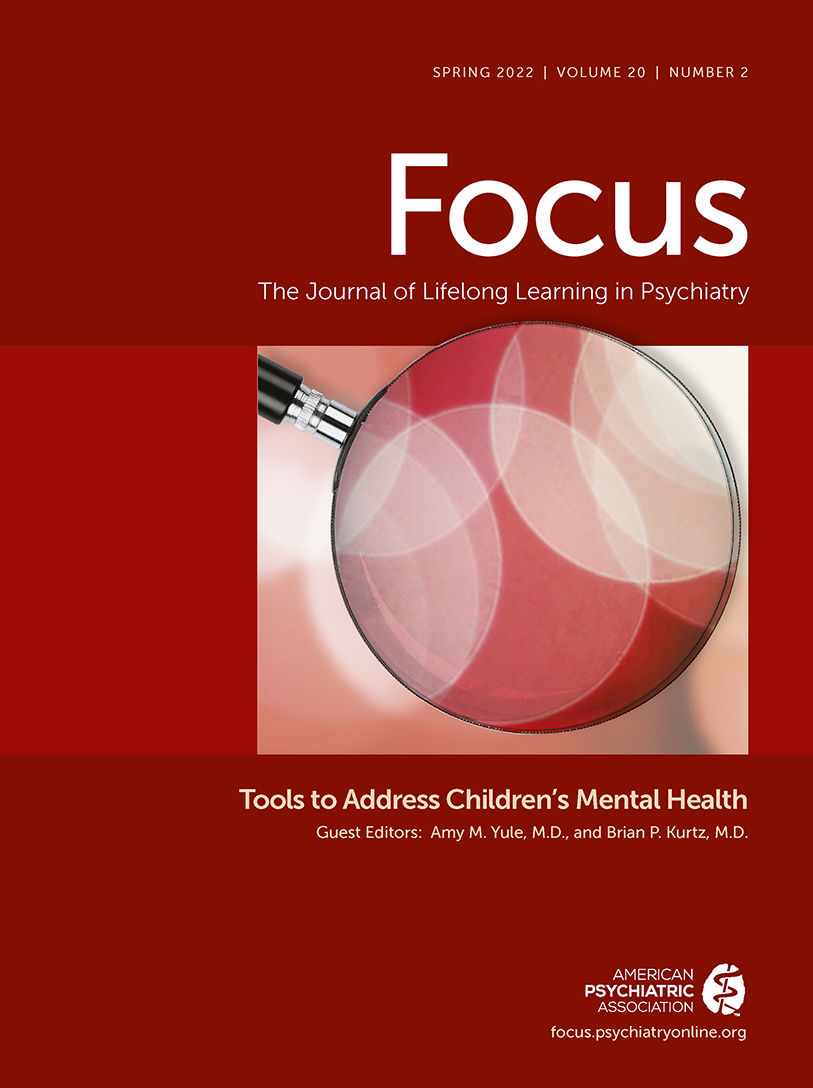Understanding Families as Essential in Psychiatric Practice
Abstract
Family work is a critical component of psychiatric practice. It is important for psychiatrists to be able to understand the role of family relationships and family systems in individual development across the lifespan. Assessing family factors is an important part of developing a biopsychosocial formulation. Understanding family relationships provides a context for an individual’s values and beliefs, which are important components of assessing the patient’s mental health challenges. Dysfunctional family relationships can be precipitating or perpetuating factors for mental illness. On the other hand, positive family relationships can offer support, be protective, alleviate emotional and behavioral problems, and lead to improved outcomes. It is important for psychiatrists to be able to work effectively with families by providing support, understanding families’ needs, assessing families’ strengths and limitations, identifying issues requiring family-based intervention, and facilitating referral to a family therapist when necessary. By engaging families as resources and essential partners in treatment planning, the psychiatrist is able to enhance the quality and success of patient care. This article discusses the role of the psychiatrist in assessing family factors implicated in psychiatric illness; offers general context for understanding the response required by families for improving various emotional and behavioral challenges; and provides an overview of family-based interventions, including family psychoeducation and support, parent management training, and family therapy.



